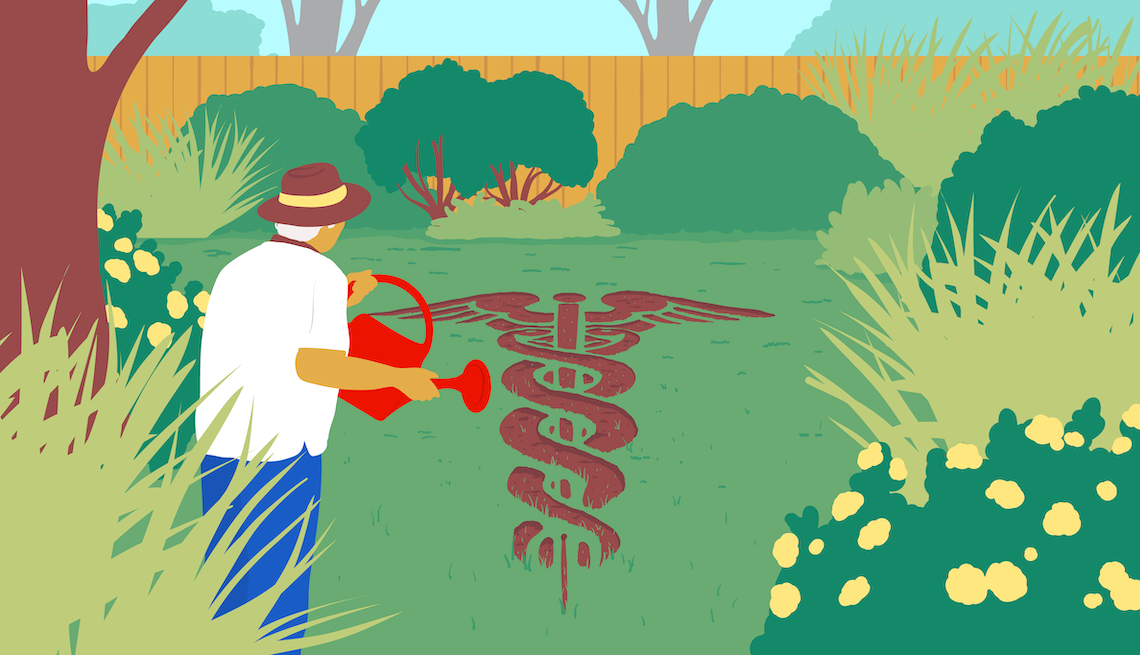
- Select a language for the TTS:
- UK English Female
- UK English Male
- US English Female
- US English Male
- Australian Female
- Australian Male
- Language selected: (auto detect) - EN
Play all audios:
Times are hard. The imminent danger of a second, no less lethal peak of Covid-19 has brought with it the threat of a new lockdown or other draconian measures to limit the pandemic. Hence the
stock markets are falling because they fear that the British economy, like others, faces a long winter of disruption — not to mention the unknown quantity of a no-deal Brexit. From the
nightmarish images of Californian forest fires on our screens to the blighted prospects of freshers now arriving at university, a gloomy mood seems to have settled on the nation. The time is
out of joint, yes — but who is there to set it right? And yet, and yet… There are signs of hope, however obscured by negative perceptions they may be. The relentlessly downbeat nature of
the 24-hour news cycle and the ruthless algorithms of social media combine to reinforce the impression that the news is almost all bad. That impression is just as false as the more primitive
notion that the world is going to the dogs, which is usually a function of the ageing process. We are all prey to pessimism at times, but the reasons for this are to be found, not in the
world, but in ourselves. Times are hard for some, certainly, but for most people they have seldom, if ever, been better. Even on the economy, dominated as it is by the dismal science of
economics, one should question the naysayers. In the United States, still the engine of the world economy, the damage done by coronavirus is being reassessed. According to the economist
Irwin Stelzer, the Federal Reserve now estimates the fall in GDP at 3.7 per cent, roughly half of its previous forecast. Unemployment rates by the end of the year will be 7 per cent, less
than half of their April peak. Animal spirits are reasserting themselves. It’s true, of course, that those with capital have been cushioned from the worst of the crisis, but prosperity is by
no means confined to the rich. Poverty in America, Stelzer says, is at its lowest in 70 years since records began. From the negative way that US news is reported, you would never guess that
household incomes have risen in four years by 5.7 per cent for whites, 7.1 per cent for Hispanics and an impressive 7.9 per cent for African Americans. The concerns about policing and other
forms of racial discrimination raised by protests over the summer are not thereby invalidated, but they should be seen in the context of relative improvement in living standards. The French
Revolution happened, not in the depths of famine, but during a period of rising prosperity. This crisis, like previous ones, has generated new forms of altruism. Everywhere one looks, Good
Samaritans are helping their neighbours. Even when overzealous officials make this difficult, communities find a way round the regulations. _Greed is Dead _(Allen Lane, £16.99), a new book
by the influential economists John Kay and Paul Collier, argues that elevating profits above all other considerations is “deeply unfashionable” in the corporate world. The wolves of Wall
Street have been defanged. Even the rise of giant corporations such as Apple and Amazon has indirectly benefited ordinary people by reducing living costs in countless invisible ways. Small
businesses are having a rougher ride, but there is no shortage of new startups. Human ingenuity still thrives on adversity, just as it always has. Another important new book just out and
available from all good bookshops (and yes, such oases of knowledge are still surprisingly common on our supposedly desertified high streets) is David Goodhart’s _Head, Hand, Heart _(Allen
Lane, £20)_. _His point is that we are witnessing a revival in status of manual and caring professions, with a new appreciation of “key workers” from retail, delivery and transport to the
NHS and care homes. This reflects a reaction against the dominance of the “cognitive class”, whose ability to manipulate vast quantities of knowledge has given them all the prizes in life at
the expense of the rest of us. Goodhart argues that we are on the verge of a re-evaluation, with a dwindling need for purely knowledge-based “head” jobs, due to various factors including
the rise of artificial intelligence. Meanwhile the need for practical or technical “hand” skills is growing apace, as is the requirement for “heart” professionals to look after an ageing
population. As society’s values evolve, so rewards — which he concedes are still absurdly low for many manual trades or carers — will adjust to become more commensurate with our new
priorities. All this may seem slightly theoretical and remote from reality, but the debate about meritocracy is no mere intellectual parlour game. The Harvard philosopher Michael Sandel’s
latest book, _The Tyranny of Merit: What’s Become of the Common Good? _(Allen Lane, £20) draws attention to what has been lost in our Darwinian survival of the fittest. Sandel (pictured
above) emphasises how meritocratic “success ethics” lie at the root of the polarisation of politics. Though such polarisation has long ceased to be a peculiarly American preoccupation, there
are signs that even in post-Brexit Britain the pendulum is now swinging back towards a political convergence of the parties. This is visible in the pronouncements both of Boris Johnson,
with his focus on the aspirations of working-class “Blue Wall” voters, and of Sir Keir Starmer, who is determined to break out of Labour’s university town ghetto by appealing to patriots of
all classes and none. The most popular politician in the country right now is also the one who is seen as most competent and most classless: Rishi Sunak, the Chancellor of the Exchequer. By
the time of the next election, both parties may be found battling it out on the centre ground. The night is always darkest just before dawn. We may feel as though we have had the worst year
in living memory, with no sign of the cavalry riding to the rescue. And we are entitled to such feelings. They are, however, just as subjective as the euphoria that we will doubtless enjoy
when the pandemic is finally brought to an end by the genius of medical scientists. For the moment, there is no substitute for getting on with our lives while keeping as cheerful as we
can. Good times aren’t here again yet, but with any luck they soon will be for most of us. The curfew tolls the knell of parting day, not the end of civilisation as we know it.








